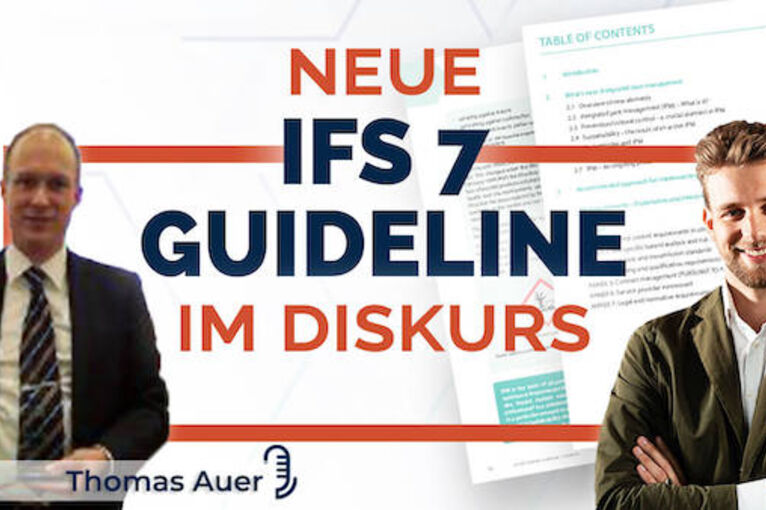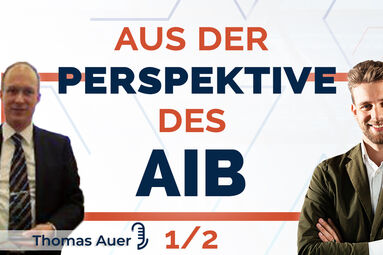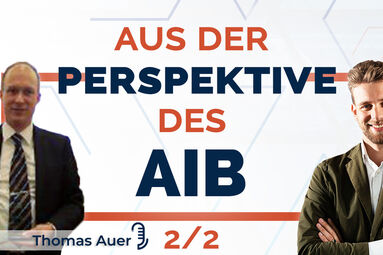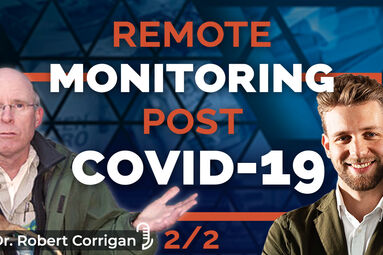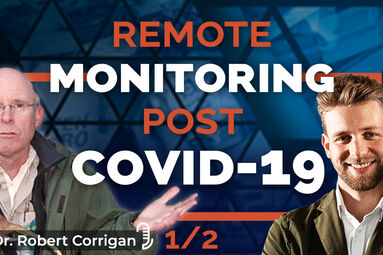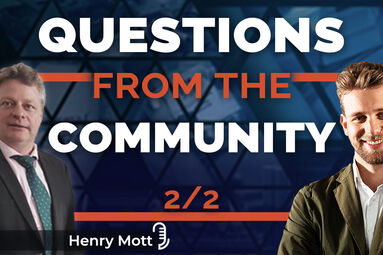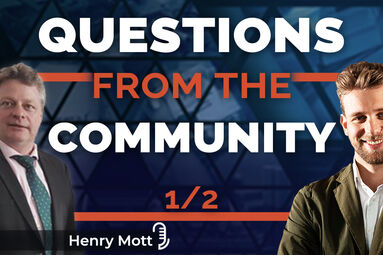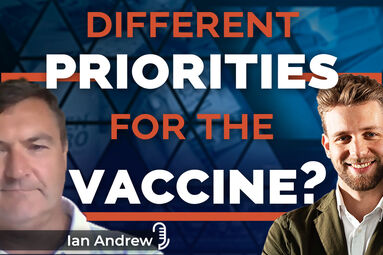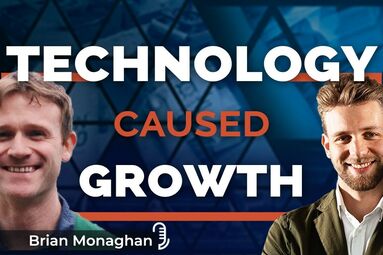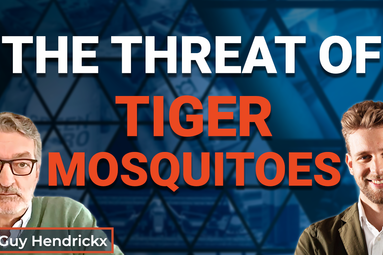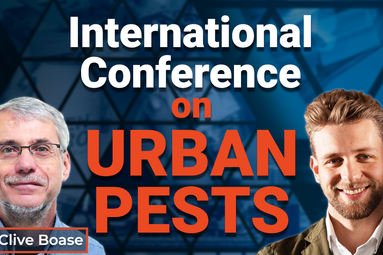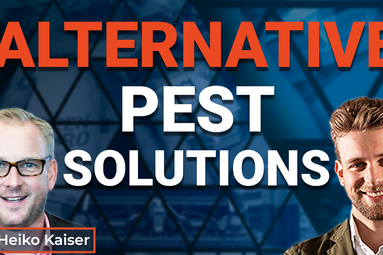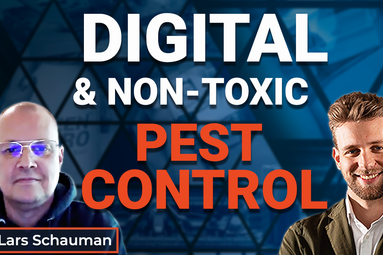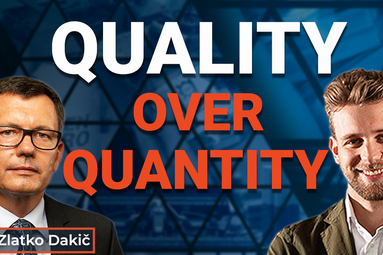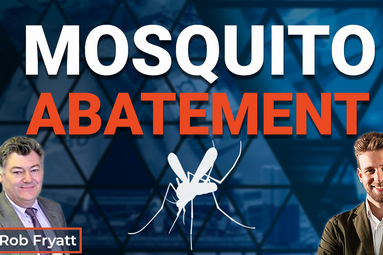The key take home message from this interview with Dr Dini Miller is that the control of the pests needs to become the target for the industry, rather than technicians simply making pesticide applications.
For the last 21 years Dr Dini Miller has been involved with urban pest management based within the Department of Entomology at Virginia Tech, Blacksburg, Virginia, USA. She specialises in structural pests and insects within the house – in particular bed bugs, cockroaches, ants and termites. She has worked extensively in low income housing with the US Department of Housing & Urban Development (HUD) winning their inaugural Healthy Homes Hero award in 2018. She is also a co-editor of Advances in the Biology and Management of Modern Bed Bugs.
To begin, Dr Miller talks about Integrated Pest Management (IPM) and how this phrase, so frequently used within urban pest management, initially came about. IPM owes its origins to agriculture back in the 1970s following the wide scale use of DDT on a very broad range of pests after World War II and the subsequent build up of genetic resistance.
Basically, farmers inspected their crops for pests and assessed the economic value of them applying a pesticide to reduce pests to a manageable level. The term has been taken up by those in urban pest management where it is less appropriate – what is the manageable level of a pest such as a bed bug? Nil. People don’t want a single insect.
Dini proposes the term should be changed to Assessment Pest Management – clients then know their problem is going to be assessed. Numbers of pests would be collected both before and after treatment. Customers will then be able to understand what the results are.
Dini describes her work within the HUD low income housing. Here cockroach problems can be so severe that she can catch 16,000 on three sticky board traps over one single night. Contract pricing comes under discussion – with the lowest contract bids taken and how this limits the amount of time (time is money) that can be spent in each apartment (two to three minutes), this means that technicians literally have time only to dash in and spray. This is pesticide application NOT pest control. Time and persistence is required to eliminate pests.
A debate follows between Dini and our Talking Pest Management host, Daniel Schröer, regarding the use of the IPM term, particularly its value in differing environments, the food industry being one in particular, where it is more appropriate, than say in an apartment.
The interview finishes with a heartfelt plea by Dr Miller that the industry must change its perception with the public. A perception which basically hasn’t changed for 50 years. New young people have come into the industry, new methods and technologies are employed yet the image is still one of simply spraying insecticide. Technicians are professionals, they are trained, thinking human beings making decisions – they must be presented and perceived differently.
Anschrift
Futura GmbH
Rudolf-Diesel-Str. 35
33178 Borchen
Deutschland
Kontakt
Tel: +49 5251 69161-79
Fax +49 5251 69161-66
info[at]futura-germany.com
Kontaktformular
Nützliches
Rechtliches
Copyright © 2023 Futura GmbH. Alle Rechte vorbehalten

